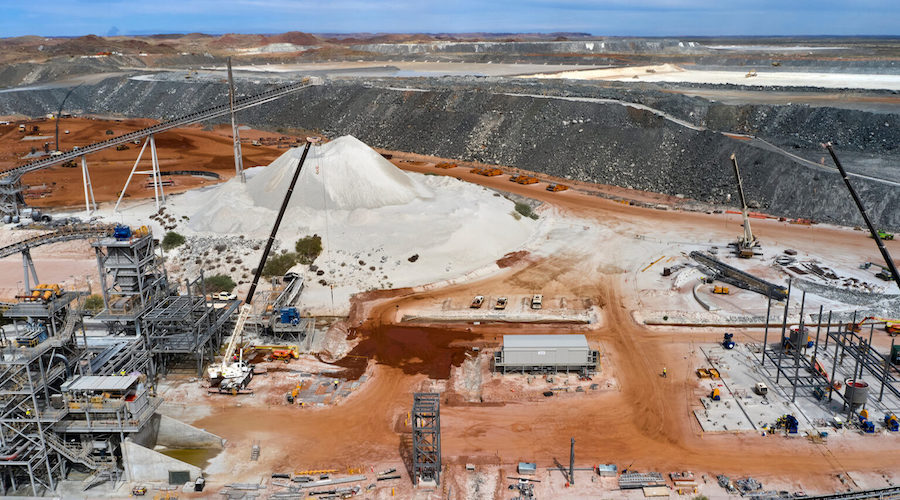Managing mining costs requires bravery

Bernard Swanepoel, Chairman Joburg Indaba, encouraging open and honest conversation in mining sector at the 2016 Joburg Indaba breakfast
(Johannesburg 6 April 2016) The central theme to conversations held in the mining sector today is commodities. This was the view held by delegates at the 2016 Joburg Indaba breakfast seminar at the Johannesburg Country Club, in Auckland Park this morning.
Continuing to engage in critical conversations on the South African mining sector, representatives of the mining sector at this morning’s Joburg Indaba breakfast seminar agreed that commodity prices have nothing to do with the price of production.
The reality is that the only price that South Africa could control would be that of platinum, due to the fact that we control 70% of global production. For 90 years South Africa mined most of the world’s gold. Considering the constant rising trend in the Rand/Dollar rate, currently it looks like the best metal to mine, but for how long begs the question.

Peter Major, Cadiz Corporate Solutions, calling on mining industry to take control of costs at the 2016 Joburg Indaba breakfast.
Mining policy consultant at Cadiz Solutions, Peter Major went on to state “The South African mining underperformance is no longer cyclical, it’s now secular.” Major backed up his view citing many factors that he believes have contributed to today’s bad state of mining.
- The subsequent loss of billions of Dollars in CAPEX due to the 2002 Nationalisation
- Mining companies have been forced into debt within unknown partnerships required under the law of +25% BEE
- Effects of a complex, burdensome and interpretive Labour Relations Act
- Dramatic rise in total production costs from 2% to 20% due to Eskom price increases and stoppages
- Union rivalry
- Inadequate rule of law applied unevenly and often not at all
- Breakup of the mining houses, as a result all gold mines are now on their own
- Huge and ever growing social labour plans and requirements
- New tax and royalty systems provoking less reason to mine underground
The biggest problem as to why mining is now secular, Major believes, is the miners themselves. “We don’t have miners any more. We have gamblers and dreamers. Miners need to take control of their mines, their costs, and their people. They need think how they can cut costs and increase productivity”.
The constant rise in the world’s population could be viewed as a plus for the metal sector, with more consumers, there is a larger demand for minerals. Along with increased population trends comes a rise in unemployment, and South Africa currently stands at eight million unemployed. Labour is available.

Anton van Wyk, partner at PwC, guiding round table discussion on issues facing South African mining sector at the 2016 Joburg Indaba breakfast
Delegates deliberated in round table discussions throughout the morning and presented the following outcomes.
- A strong belief that the Department of Mineral Resources (DMR) is an officially corrupt entity
- It will require some bravery since the mining industry cannot control the cycle, the one thing that it can do is control costs
- To weather the storm and be competitive in terms of productivity, the mining industry must drive innovation
- Mining entities must bring costs back down to where the commodity price is
- To be more productive, mining must look to incentivizing labour and implement cost management structures
- The industry wishes to share lessons amongst themselves, and still wish to drive detailed discussions with Government, albeit stemming frustrations on the lack of any outcomes from last year’s five-week long Mining Phakisa workshop. Apparently the report is sitting in the Presidency, presumably alongside the Mining Charter.
Bernard Swanepoel Chairperson of the Joburg Indaba wrapped up by saying “There is a newly found boldness in the mining sector and we will continue to speak the truth to both power (Government) and to each other, this is the only way we can move forward”.
Mining entities are encouraged to book for the upcoming 2016 Junior Indaba, set to take place on 1-2 June where the emphasis will be on unpacking innovation and modernisation of the mining sector. www.juniorindaba.com
{{ commodity.name }}
{{ post.title }}
{{ post.date }}




Comments